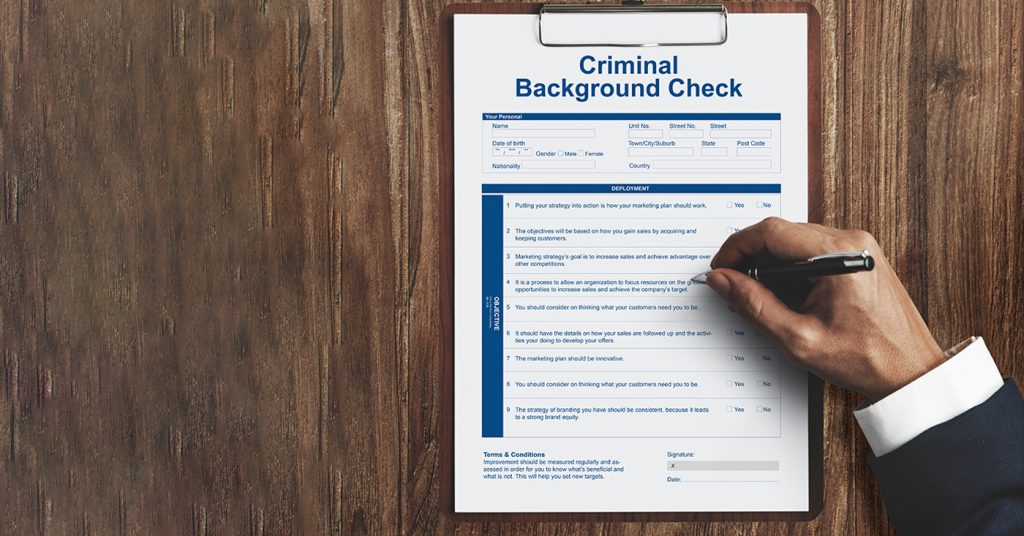Criminal History checks have become a common practice for many employers around the world. While these checks serve a valid purpose of ensuring workplace safety and upholding organizational integrity, they can also pose significant challenges for individuals with criminal records. The stigma associated with criminal history can limit employment opportunities, perpetuate cycles of disadvantage, and hinder capable individuals from reaching their full potential.
Understanding the Impact of Criminal History on Employment
The presence of a criminal record can have a profound and disproportionate impact on an individual’s employment prospects. A study by the Sentencing Project revealed that nearly 70 million Americans have criminal records, and they face unemployment rates that are twice as high as those without records. This disparity is particularly acute for individuals with more severe or recent convictions.
The consequences of non-disclosure can be severe. Failure to disclose a criminal record during the hiring process can lead to background check failures, jeopardizing employment opportunities and tarnishing reputations. In some cases, non-disclosure may even result in legal repercussions.
Given the potential consequences, honesty and open communication with potential employers are crucial. Openly addressing criminal history demonstrates a willingness to take responsibility for past actions.
Disclosure: Honesty, Explanation, and Growth
Acknowledging and addressing criminal history requires honesty, self-reflection, and a commitment to personal growth. Individuals should take responsibility for their past actions while emphasizing their rehabilitation efforts and personal growth.
Highlight mitigating factors
Explain the circumstances that led to the offense, such as personal or family challenges, substance abuse issues, or mental health struggles. This can help employers understand that the offense was not a reflection of the individual’s true character.
Demonstrate remorse
Express genuine regret for the offense and acknowledge the harm that was caused. This shows that the individual has taken ownership of their actions and is committed to making amends.
Outline rehabilitation efforts
Detail the steps taken to address the issues that contributed to the offense, such as counseling, therapy, or community service. This demonstrates a commitment to personal growth and positive change.
Focus on the present
Emphasize the individual’s current qualifications, skills, and potential contributions to the company. This helps employers see beyond the criminal record and recognize the value the individual can bring to the organization.
Ultimately, the focus should shift to current qualifications, skills, and potential contributions to the company. Individuals should showcase their strengths, highlight relevant skills, and articulate how their experiences have shaped them into valuable assets for the organization.
Emphasizing Capabilities and Achievements
Moving beyond past offenses, individuals should showcase their positive personal qualities. Resilience, perseverance, and dedication are often traits honed through challenging experiences, making individuals with criminal records valuable assets to any team.
Highlighting career achievements, skills acquired, and positive contributions made since past offenses is essential. Demonstrating a commitment to personal development, community involvement, and positive change can effectively reframe the narrative surrounding criminal history.
Strategies for Transparency in Job Applications
Navigating the disclosure process requires careful consideration and strategic communication. Individuals should follow specific company guidelines regarding disclosing criminal history. Early disclosure, preferably in a cover letter or email, allows for open and honest dialogue with potential employers. When disclosing criminal history, it is crucial to provide clear, concise, and factual information. Avoid unnecessary details and focus on the relevant aspects of the record.
Addressing criminal records with honesty, transparency, and a focus on personal growth can empower individuals to overcome barriers and pursue meaningful employment opportunities. By advocating for fair hiring practices and reducing unnecessary barriers, we can foster a more inclusive and equitable workforce that values the potential of all individuals. Read more about Second Chance Hiring here.
About cFIRST
cFIRST is a leading provider of employment background check solutions, committed to empowering organizations to make informed hiring decisions while upholding the highest standards of data privacy, security, and human oversight. Our comprehensive suite of services encompasses employment, education, and professional license verifications, ensuring that organizations have access to accurate and timely information to make sound hiring decisions.






